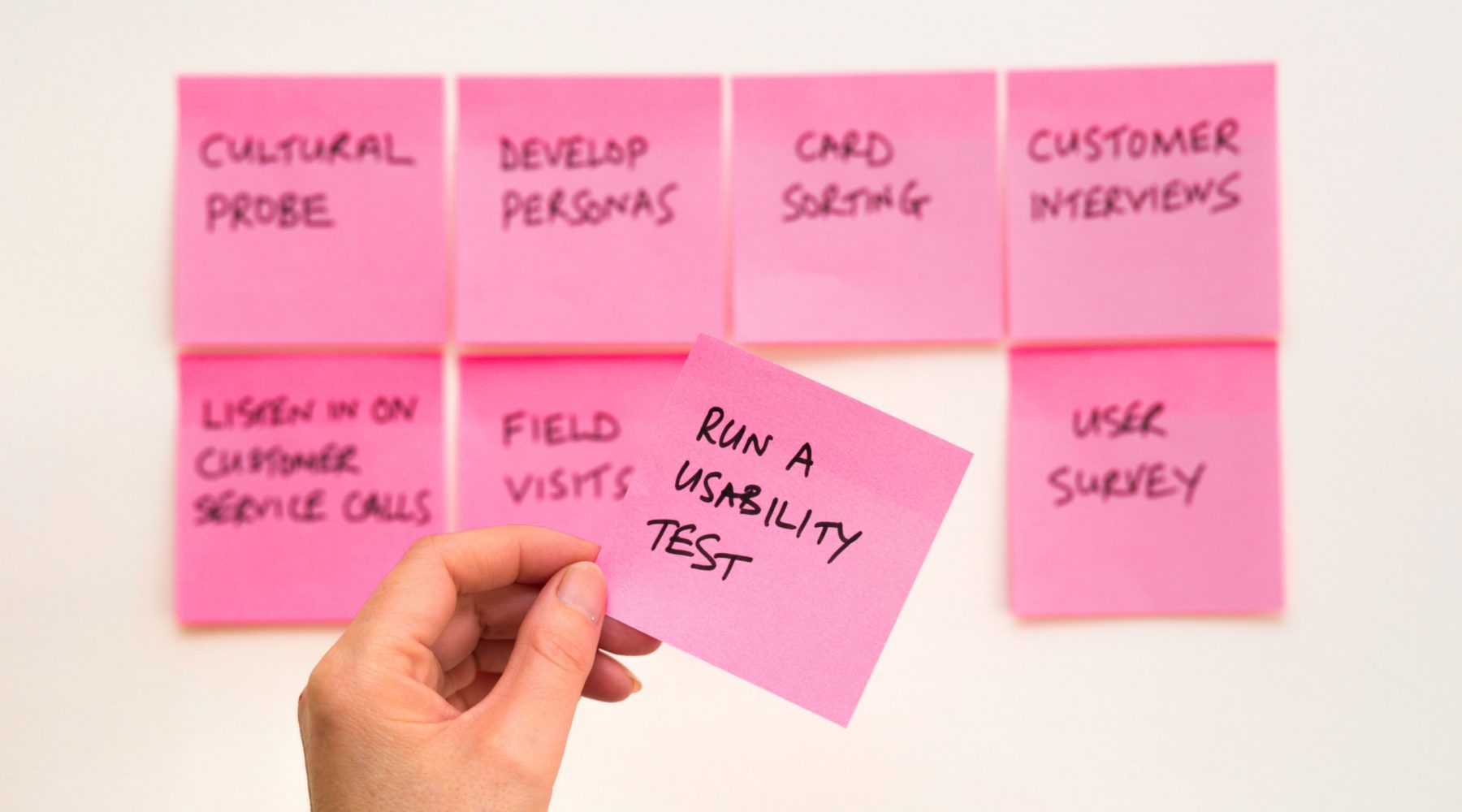Supporting research to thrive in real world interactions

New interactive research from the Children’s Museum of Denver, at the Marsico Campus of Colorado University, Boulder (CU Boulder) is making inroads in teaching young children self control, and providing research students with the opportunity to communicate their findings directly with parents and families.
The participation lessons will be of interest to those in the early childhood education and care (ECEC) community, as they seek to find innovative ways to blend research findings with real world applications, and communicate best practice outcomes with parents and families.
Psychology and neuroscience students from CU Boulder have introduced a series of hands-on activities for parents and caregivers, designed to support them to better understand the impulse control needs and behaviours of their children, sharing current research, and offering an opportunity to participate in further research.
The educational program was created through a partnership between the museum and Yuko Munakata, a CU Boulder professor of Psychology and Neuroscience, and supplements the museum’s many educational resources.
Dr Munakata, Director of CU Boulder’s Cognitive Development Center, said developing impulse control during childhood can predict health and wellness in adulthood.
“We have developed a new theory about why children struggle with inhibitory control and what allows them to get better,” Dr Munakata said. “We want to share our research findings with the public and test a prediction that;
reminding children not to do something is a more effective way for them to develop impulse control than telling them to wait before they act.
Senior Director of Education and Evaluation for the museum, Sarah Brenkert, said the partnership benefits museum staff and guests by giving them first-hand experience with cutting-edge research in cognitive science and child development.
“Current research in psychology and brain development reveals just how critical relationships and responsive interactions between children and adults are to young children’s learning and development,” Ms Brenkert said.
“We are using the work of Dr Munakata and her team to help us reimagine future exhibits based in neuroscience and to intentionally promote and support this research.”
With guidance from Dr Munakata and the museum staff, the CU Boulder students have created a computer activity where children are told to only click on certain boxes to see a puppy.
Because children develop an impulse to click on any box hoping to see a puppy, it can be difficult for them to follow the instructions.
“This lets us test how providing different types of support can help them remember the rules of the game and control their behavior,” said Jade Yonehiro, a graduate student in psychology and neuroscience.
While the children are playing the game, the undergraduate and graduate student research assistants talk with families about experimental methods and provide them with information about the child development research. The students run the program during the university’s academic year, interacting with about 40 children and adults each session.
Ms Yonehiro said this experience has taught her and other CU Boulder students how to communicate science with the public and other concepts they couldn’t learn in the classroom.
“Not only do you need to make the information approachable and easily understood, but you need to be able to communicate why it is important and how it can apply to people’s lives,” Ms Yonehiro said. “I also find that children and parents ask awesome questions that my peers and mentors may not even consider. Getting these outside perspectives is invaluable.”
More information about supporting children to manage impulsivity is available here.
Popular

Policy
Practice
Provider
Quality
Research
Workforce
Beyond the headlines: celebrating educators and the power of positive relationships in early learning
2025-07-07 10:00:24
by Fiona Alston

Workforce
Policy
Quality
Practice
Provider
Research
ECEC must change now, our children can’t wait for another inquiry
2025-07-02 07:47:14
by Fiona Alston

Workforce
Quality
Practice
Provider
Research
Beyond the finish line: Championing child protection one marathon at a time
2025-07-08 09:15:32
by Fiona Alston













